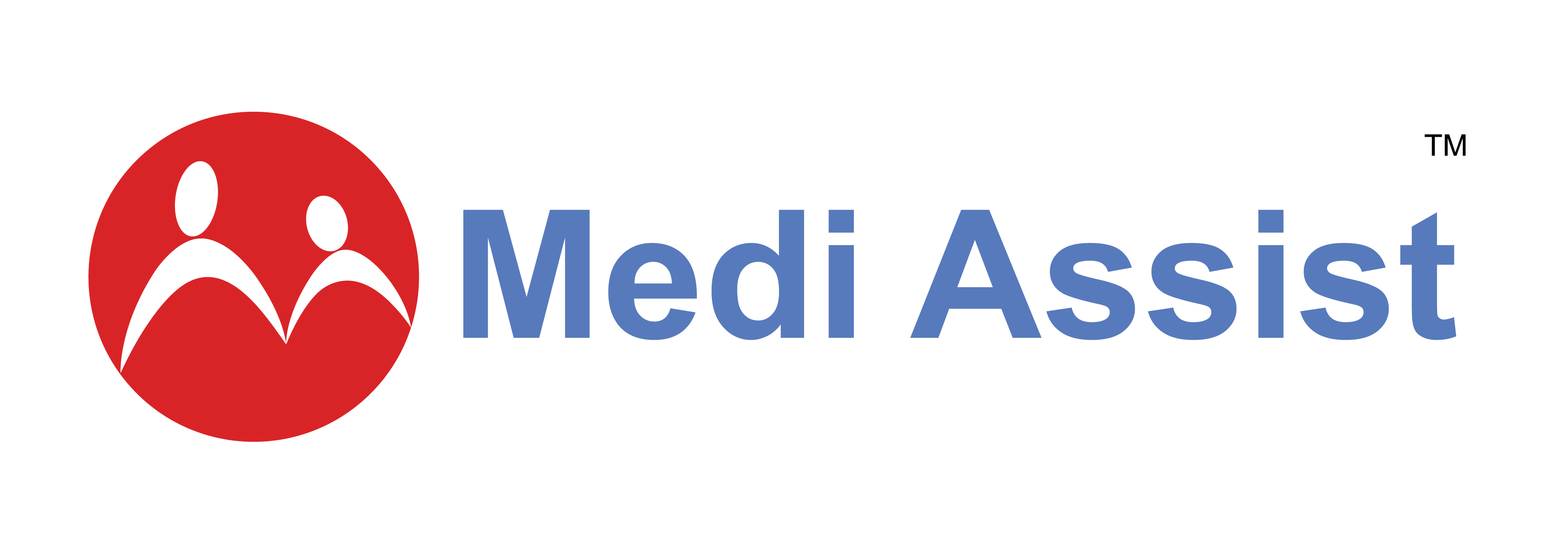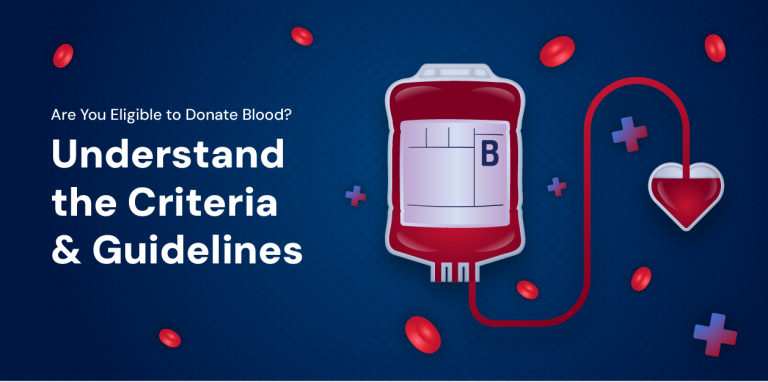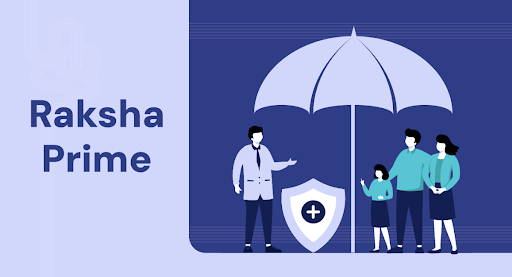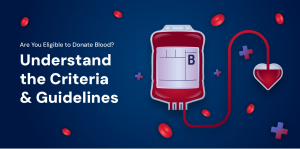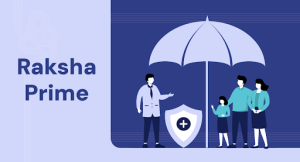On November 24, 2021, Omicron was first recorded in South Africa, and it is swiftly becoming the dominant variety there. It’s been found in a number of other nations, including Australia, and now India.
Based on current evidence that it spreads swiftly, the World Health Organization (WHO) designated Omicron as a COVID-19 variant of concern. A worry variant is one that has the potential to alter the pandemic’s behavior, thus the WHO pays particular attention to it.
SARS-CoV-2, the virus that causes COVID-19, has 13 identified variations. Some earlier variants of concern turned out to be less severe than expected, and hence were no longer categorized as a concern variant. Omicron is still a mystery to us, and we don’t know how it will affect the epidemic.
What created the Omicron variant?
When a virus spreads widely and causes a large number of infections, the chances of it evolving increase. The more chances a virus has to spread, the more chances it has to change.
New COVID-19 varieties, such as Omicron, serve as a reminder that the epidemic is far from over. People must acquire the vaccination as soon as it becomes available and continue to follow existing guidelines for limiting the transmission of the virus, including physical separation, wearing masks, hand washing regularly, and keeping indoor spaces adequately ventilated.
Vaccines and other public health measures must also be readily available worldwide.
Lower-income countries, many of which are in Africa, are at the mercy of COVID-19 due to vaccine inequities. Well-supplied countries must supply the doses they promised as soon as possible.
PREVENTION
The most important thing you can do is lower your risk of being infected. To ensure that you and your loved ones are safe, make sure to:
- Wear a mask that covers your mouth and nose.
- When wearing/taking off your mask, make sure your hands are clean.
- Maintain a physical gap of at least 1 meter between yourself and others.
- Avoid crowded or poorly ventilated areas.
- Increase indoor ventilation by opening windows.
- Hands should be washed frequently.
- Get immunized when it’s your turn. COVID-19 vaccinations that have been approved by the World Health Organization are both safe and effective.
Furthermore, we’ve covered everything that you need to know and the most commonly asked questions about the Omicron Variant here.
